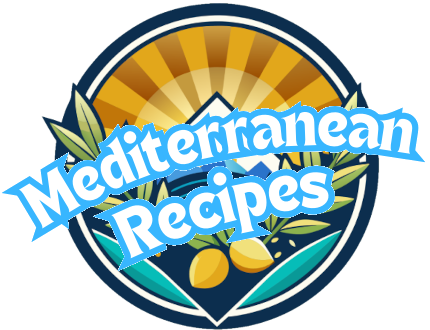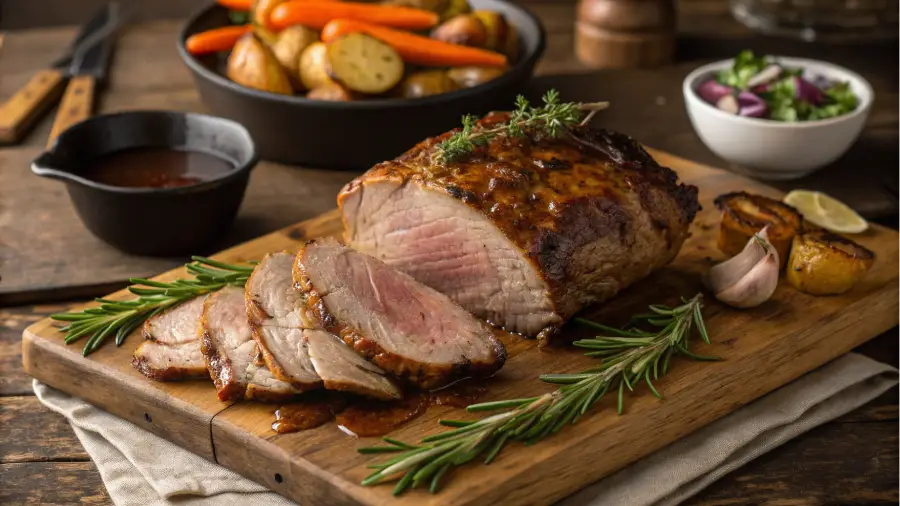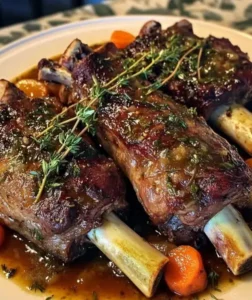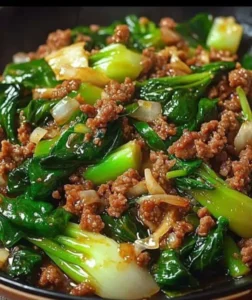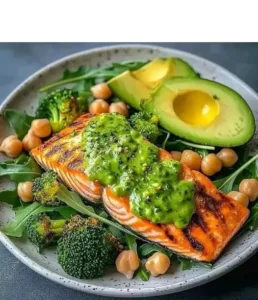Mechoui
Description :
Mechoui is a succulent and flavorful North African dish, traditionally consisting of a whole lamb or sheep slow-roasted over an open fire or in a pit. The meat is seasoned simply with salt, cumin, and sometimes garlic or butter, allowing its natural flavors to shine. The slow cooking process results in tender, juicy meat with a crispy, golden-brown exterior. Mechoui is often served at festive gatherings, weddings, and celebrations, where it is shared among family and friends. The dish is typically accompanied by flatbread, fresh salads, and harissa for added spice. Its smoky aroma and melt-in-your-mouth texture make it a centerpiece of North African cuisine, celebrated for its simplicity and depth of flavor. Mechoui is not just a meal but a cultural experience, embodying the spirit of communal dining and tradition.
Ingredients:
- 1 whole lamb or large cuts of lamb (leg or shoulder)
- 2-3 tbsp coarse salt
- 2 tbsp ground cumin
- 4-6 cloves garlic, minced (optional)
- 1/2 cup melted butter or olive oil (optional)
- Fresh herbs (like parsley or cilantro) for garnish
- Harissa and flatbread for serving
How to Cook:
- Clean and prepare the lamb, ensuring it is trimmed and ready for seasoning.
- Rub the lamb generously with coarse salt, ground cumin, and minced garlic (if using). For added richness, brush with melted butter or olive oil.
- If using an open fire or pit, skewer the lamb on a spit and roast slowly, turning occasionally, for 4-6 hours until the meat is tender and the skin is crispy. If using an oven, preheat to 300°F (150°C) and roast the lamb on a rack, basting occasionally, for 4-5 hours.
- Once cooked, let the lamb rest for 15-20 minutes before carving.
- Serve with flatbread, fresh herbs, and harissa on the side.
History :
Mechoui is a dish deeply rooted in the culinary traditions of North Africa, particularly in Morocco, Algeria, and Tunisia. The word « mechoui » comes from the Arabic term « šawa, » meaning « to roast over fire, » reflecting the dish’s ancient cooking method. Historically, Mechoui was prepared for special occasions and communal feasts, often cooked in a pit dug into the ground and filled with hot coals. This method of slow-roasting whole animals dates back centuries and is shared among many cultures in the Mediterranean and Middle East.
In North Africa, Mechoui became a symbol of hospitality and celebration. It was traditionally prepared by nomadic tribes, who would roast lamb or sheep over an open fire during gatherings. The dish’s simplicity—seasoned only with salt and cumin—highlights the quality of the meat and the skill of the cook. Over time, Mechoui evolved into a staple of festive occasions, such as weddings, religious holidays, and family reunions, where it is served as a centerpiece dish.
Today, Mechoui remains a beloved part of North African cuisine, often prepared during Eid al-Adha, a significant Islamic holiday. Modern adaptations include roasting in ovens or on grills, but the essence of the dish—slow-cooked, tender meat with a crispy exterior—remains unchanged. Mechoui is more than just a meal; it is a celebration of tradition, community, and the rich culinary heritage of North Africa. Its enduring popularity is a testament to its delicious flavor and cultural significance, making it a cherished dish across the region.
